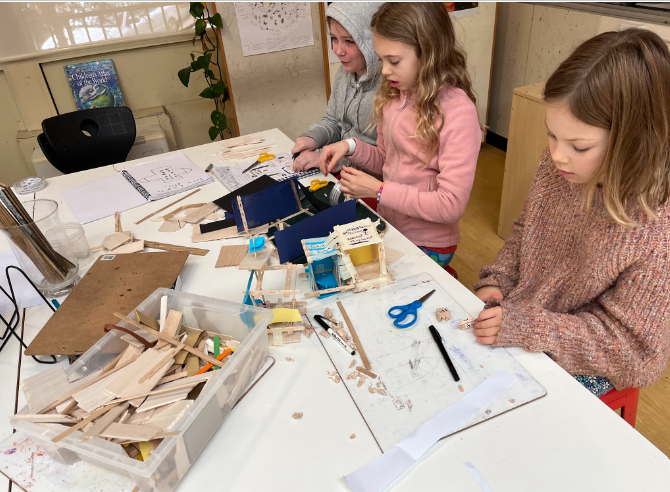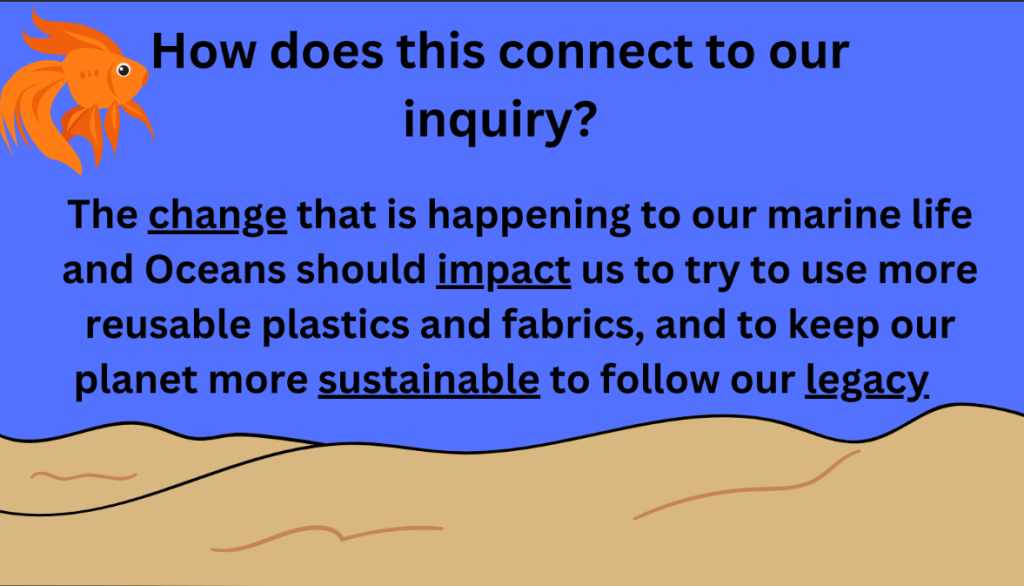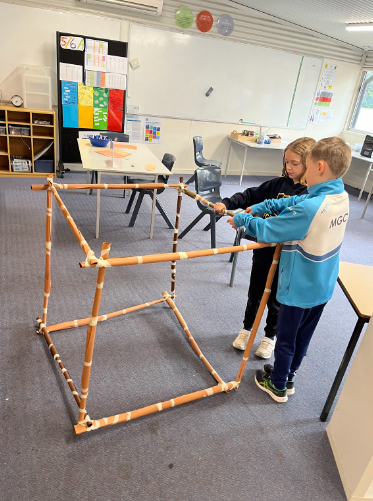As we find ourselves well and truly into term 2 (nearly halfway through the year!) the 5/6 Neighbourhood have been continuing to delve into the big ideas and themes of our inquiry. As we move from the expand to the apply phase, we’ve been exploring thematic similarities making connections through projects, provocations and workshops to learning in specialist classes: digging deeper into the issues that inspired the Reclaiming the Void weaving project in Visual Art, exploring sustainability and technology to give additional context to Science learning, and thinking about Leonardo Da Vinci’s legacy as an inventor, building on content being explored in Italian.

What does leadership and legacy look like around the world?
5/6’s current inquiry questions
What causes change?
How has the world changed over time?
This fortnight, students have been looking to explore these questions through a range of different disciplines and case studies, with a focus on using specific terminology and methods. For example, we’ve explored leadership challenges around sustainability, like the Great Pacific Garbage Patch through mathematical and humanities lenses.

An area of focus across this week and next is Reconciliation and the shared responsibility of all Australians to be advocates for positive change for First Nations’ Peoples. In coming weeks, the following will be focal points in English and Mathematics to assist in building skills and understanding that will drive the next steps of our inquiry:

English: In workshops, our focus will be on writing and delivering speeches about causes we are passionate about, applying our recent learning about government and parliament as vehicles for change. In our home group text study sessions, students are continuing to develop their analytical skills by selecting and explaining specific quotes that tell readers about a character.
Mathematics: In mathematics, we will be re-visiting and developing upon strategies for multiplying and dividing larger numbers – a necessary part of our toolkit in exploring Geography through looking at area and volume, and in analysing the impact of various actions at a large scale.
